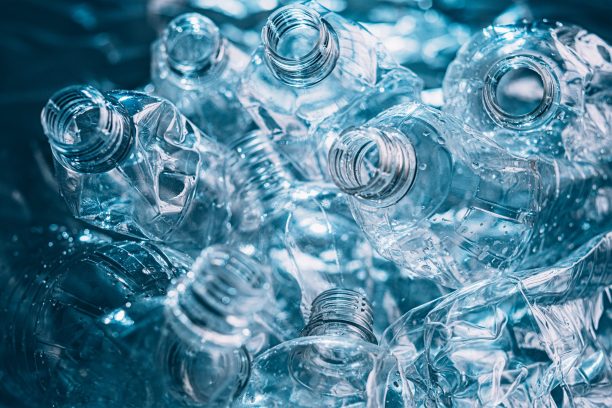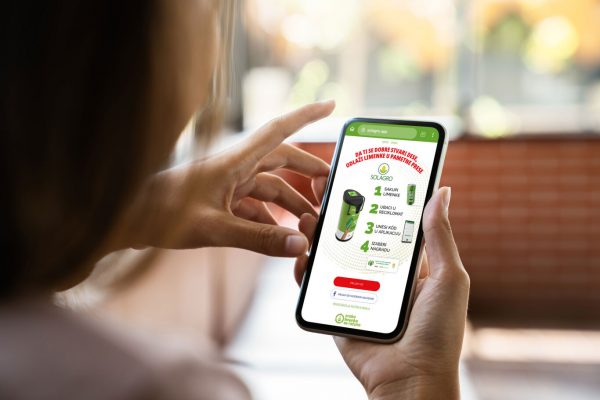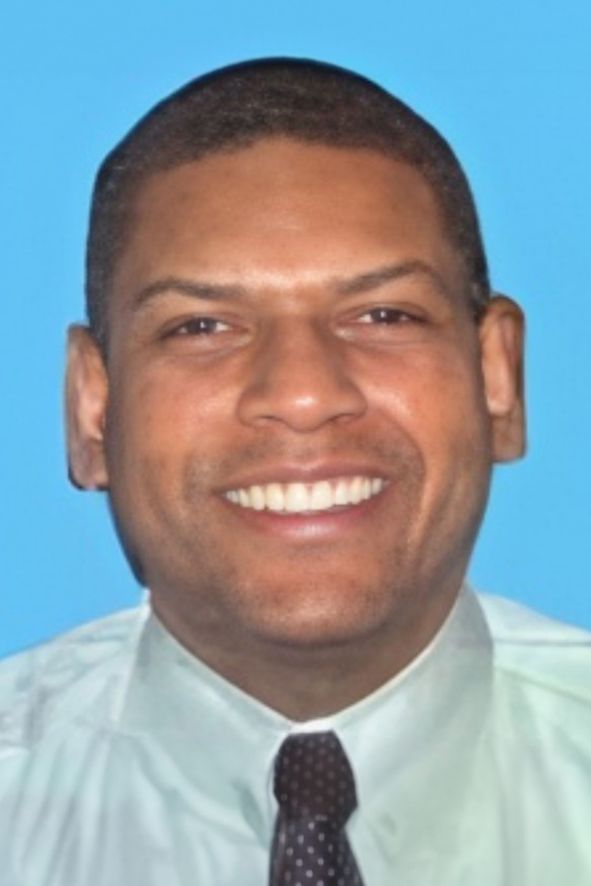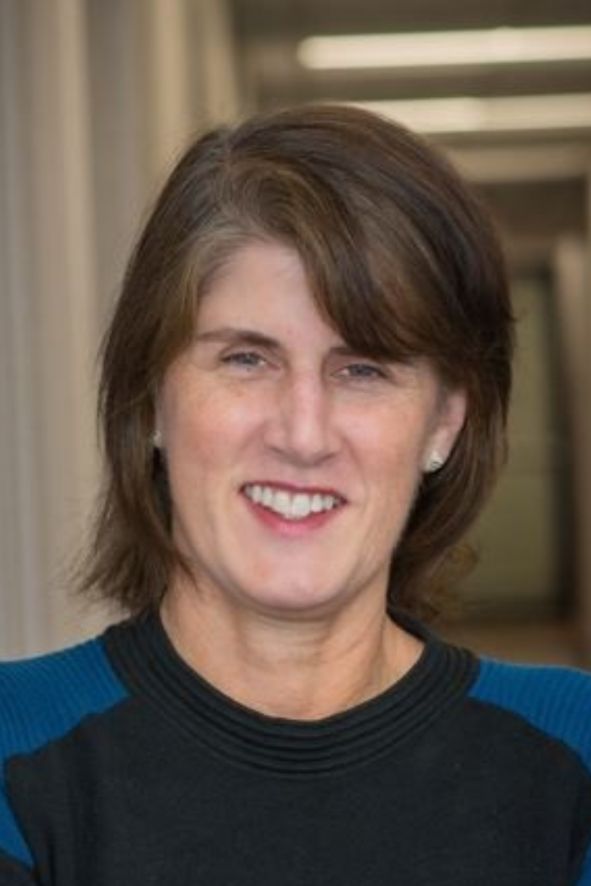Implementation of Packaging EPR by 2025 in Denmark
- 30. March 2023
- Blog
Starting on January 1st, 2025, extended producer responsibility (EPR) for packaging will come into effect in Denmark. This means that producers will be held accountable for the costs associated with recycling packaging. Denmark has already established a legal framework despite being the last European country to implement the EU Packaging Directive on EPR. A draft consultation for the Statutory Packaging Order is expected in 2023. In September 2022, the Danish Parliament approved a political agreement on EPR for packaging and single-use plastic products, marking a significant shift in the financing system from citizen-funded to producer-funded.
Under the new rules, producers will need to reimburse municipalities for household collection and sorting. Their financial contributions to collective programs will be adjusted to discourage excessive packaging and encourage the use of recycled content, reusable, or recyclable packaging. According to the Danish Ministry of Environment, EPR will impact 41,000 companies. Furthermore, fees for cleaning up single-use plastic litter will also be established.
To ease the administrative burden on producers with small packaging quantities, the political agreement set a threshold of 8 tons of packaging. Producers below this threshold are still subject to producer responsibility costs for waste management, but they must provide less information about their packaging. The threshold will be re-evaluated in 2027.
Producers can comply individually or collectively by joining schemes that organize packaging waste treatment. Collective packaging schemes must cover all packaging materials and operate at a national level. In addition, the Danish Producer Responsibility System, which currently oversees the producer registry for electronic and battery waste, will be extended to include producer registration and reporting/data collection for packaging.
The political agreement emphasizes the importance of determining which business in the value chain has the most significant influence on packaging design to place producer responsibility appropriately.
RLG will inform you of the progress of packaging EPR in Denmark and its impact on the industry. Sign up for our quarterly newsletter to get the latest updates.









